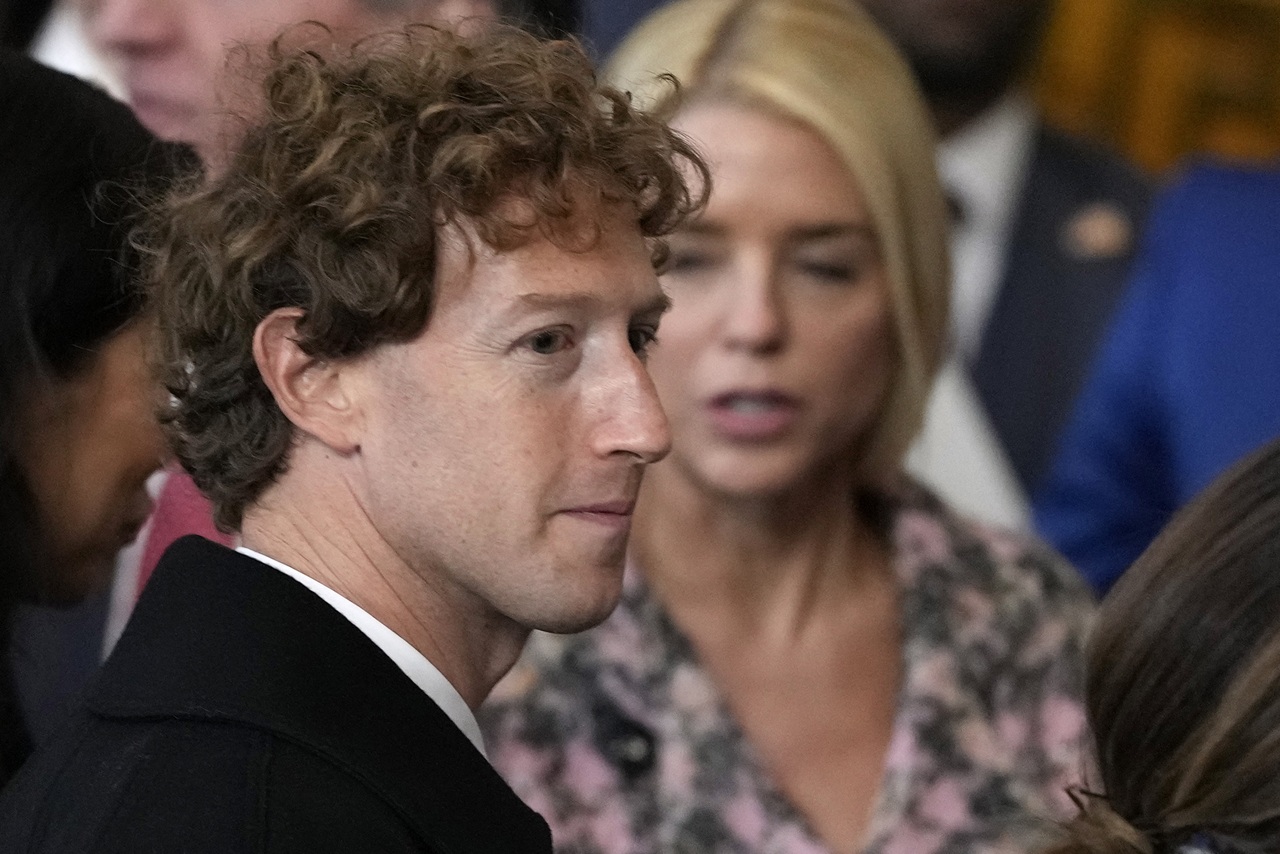
Meet Dr. Carmen Guerra
Dr. Carmen Guerra is one of the four doctors honored in the AL DÍA Top Doctors 2020 Edition.
When Carmen Guerra started college at NYU, she found love — and along with it, the support which helped her consider a career in medicine.
She met her now-husband, Dilip, in her first week of college. While he had grown up knowing he wanted to be a doctor, wanting to emulate the work of his own father, a practicing cardiologist, Guerra did not have her first interaction with the healthcare system until she was preparing to start medical school, and needed a doctor to provide necessary vaccination information for enrollment purposes. Guerra’s parents, who immigrated from Honduras to New York City when Guerra was just three years old, did not have health insurance through the multiple jobs they worked to support their family.
“There were so many barriers along the way that when you think about it no surprise that I didn’t make that decision to be a doctor until it was almost too late,” Guerra said, as she described the “slow discovery” which happened in her first two years of classes at NYU.
Despite her late start on the pre-med track, Guerra graduated on time, got accepted to several medical schools, and chose to attend University of Rochester. As a general internist, researcher, and professor, Guerra has made it part of her mission to ensure that more people, especially underrepresented minorities, have improved access to both the medical profession and the healthcare system as a whole.
One of Guerra’s most impactful accomplishments in her time at University of Pennsylvania, what she describes as her “little legacy,” is her implementation of navigation systems to help underserved patients access cancer screenings.
RELATED CONTENT
When she first started practicing in Philadelphia, Guerra noticed that her West Philadelphia patients, the majority of whom were Black, were often diagnosed with cancer at later stages than patients from other areas of the city that were predominantly white. The discrepancy was one that Guerra found “disturbing and troubling,” and it led her to think about what systemic factors were impeding people’s access to the healthcare system.
Inspired by the pioneering work of Dr. Harold Freedman on navigation systems, Guerra won support and seed funding from an anonymous donor to launch a navigation system aimed at helping West Philadelphia patients undergo colon cancer screening and receive colonoscopies in 2011.
After three years, the evidence was clear on the importance of the program: About 42% of the patients tested had pre-cancerous polyps, which doctors were then able to remove in order to prevent cancer.
The success of this program inspired Guerra to work in implementing another navigation system at UPenn focused on breast and cervical cancer screening.
In all, Guerra estimates that close to 3,000 people so far have been screened through the programs she’s worked on, and it approaches 50 people who had cancer and didn’t know it who were then able to get care via the programs and connections to Penn Medicine’s world-class Abramson Cancer Center.











LEAVE A COMMENT: